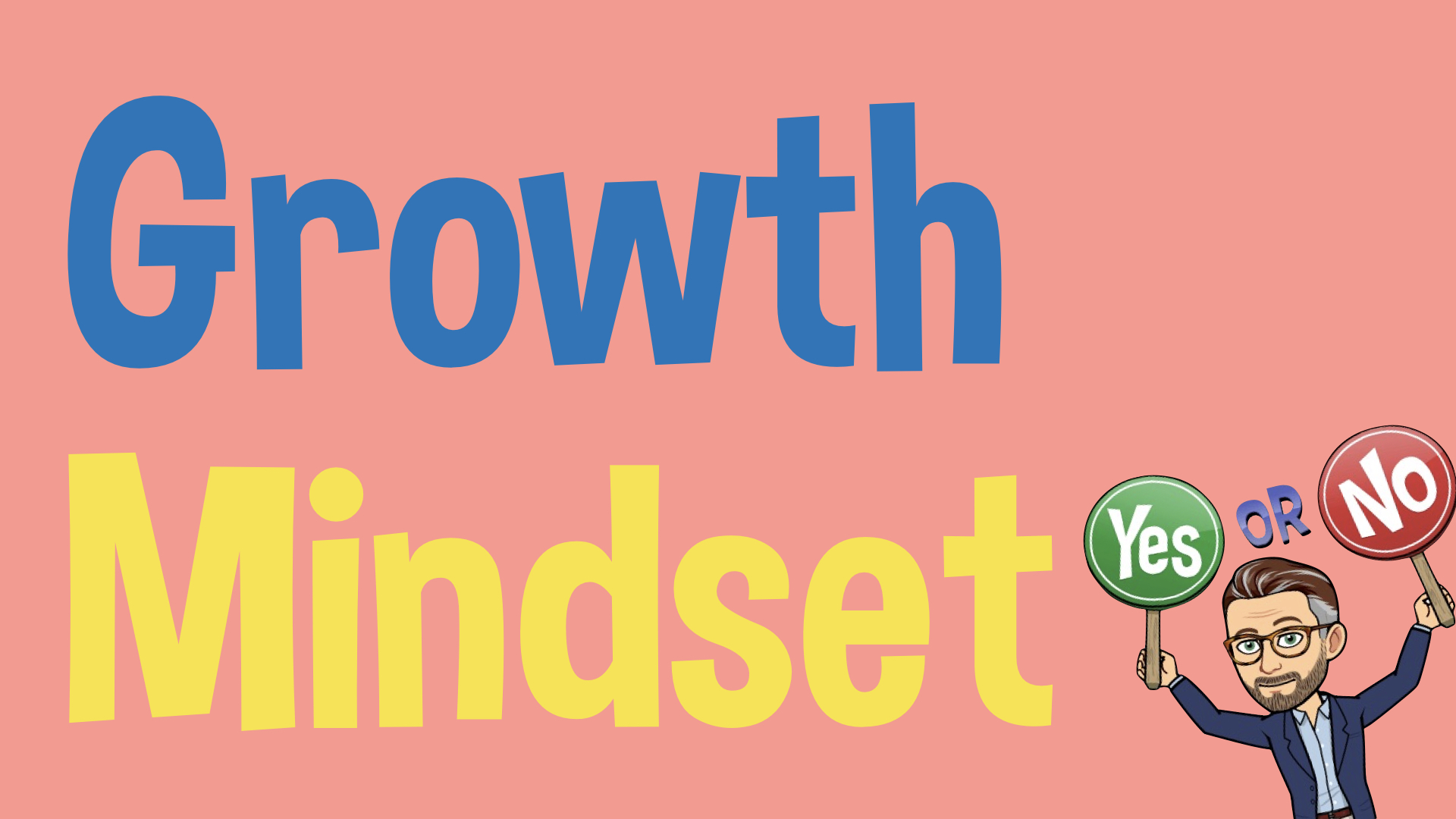Develop a growth mindset
Last week we discussed what it takes to become an lifelong learner. There are two critical mindsets or things you need to believe. It’s not as hard as it sounds; in fact, you’re probably doing some of these already. Mindsets are powerful, often exerting tremendous influence on behavior, sometimes unconsciously. When built on a foundation of self-efficacy which is the belief that your actions can help you achieve desired outcomes—two mindsets serve as especially powerful fuel for lifelong learners: a growth mindset and a curiosity mindset. While some people may have a natural proclivity to these mindsets, the important thing is that they are neither fixed nor immovable. In fact, part of their power is that they can be developed.
Stanford psychologist Carol Dweck’s popular work on growth suggests that people hold one of two sets of beliefs about their own abilities: either a fixed or a growth mindset. A fixed mindset is the belief that personality characteristics, talents, and abilities are finite or fixed resources; they can’t be altered, changed, or improved. You simply are the way you are. People with this mindset tend to take a polar view of themselves—they consider themselves either intelligent or average, talented or untalented, a success or a failure. A fixed mindset stunts learning because it eliminates permission not to know something, to fail, or to struggle. Writes Dweck: “The fixed mindset doesn’t allow people the luxury of becoming. They have to already be!
In contrast, a growth mindset suggests that you can grow, expand, evolve, and change. Intelligence and capability are not fixed points but instead traits you cultivate. A growth mindset releases you from the expectation of being perfect. Failures and mistakes are not indicative of the limits of your intellect but rather tools that inform how you develop. A growth mindset is liberating, allowing you to find value, joy, and success in the process, regardless of the outcome.
Cultivating a growth mindset can begin with shifting your inner dialogue from beliefs about your ability (a fixed mindset) to beliefs about your opportunities and needs (a growth mindset)—for example, from “I’m terrible at giving presentations” to “I need more practice presenting in front of others.” Similarly, “I’m not good enough to be promoted to supervisor” might become “I need some additional experience before I’ll be ready for promotion.” Simple restatements have a dramatic impact on what you believe about your own abilities. A fixed mindset often runs deep; it may take constant practice to reframe your default thoughts.
Curiosity, the engine of lifelong learning, can be cultivated, even in those who don’t consider
themselves naturally curious. Think of curiosity as priming the pump. It’s what gets your learning started. Curiosity is awareness, an openness to ideas, and an ability to make connections between disparate concepts. The research tells us that curiosity matters for three primary reasons. First, inspiration is strongly correlated with an intrinsic desire to learn. Curiosity sparks inspiration. You learn more and more frequently because you are curious. Second, curiosity marks the beginning of a virtuous cycle that feeds your ability as a self-directed learner.
Finally, research suggests that curiosity doesn’t diminish with age, so it can serve you at any point in your career. Although your learning methods will change over time, curiosity will keep the spark of motivation alive









